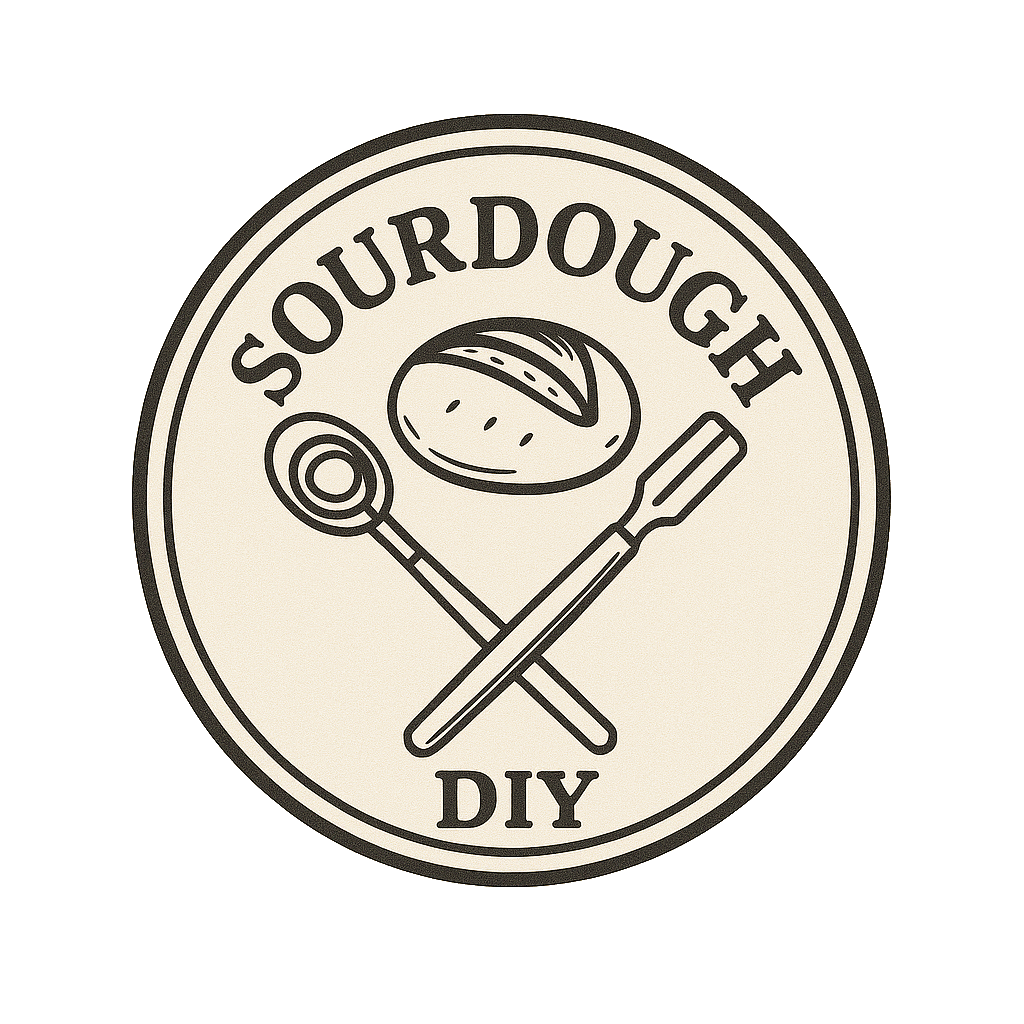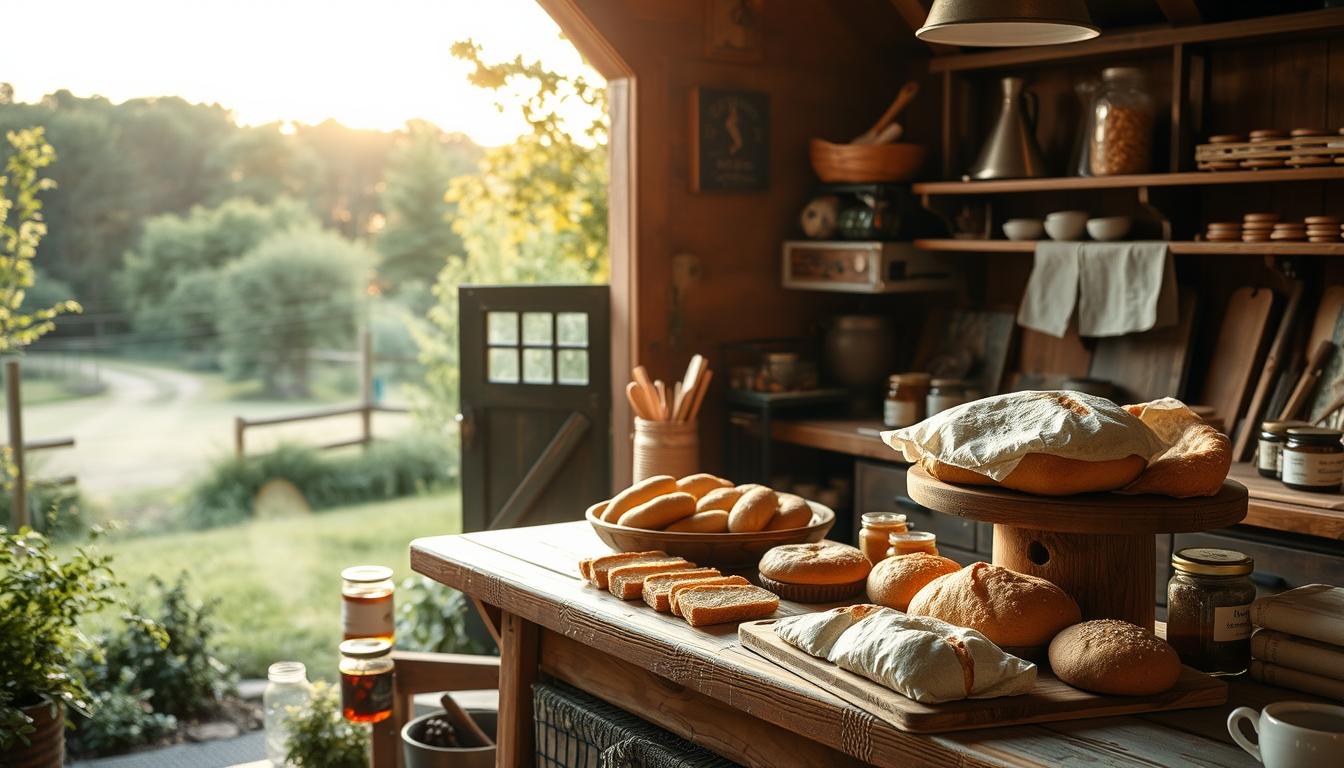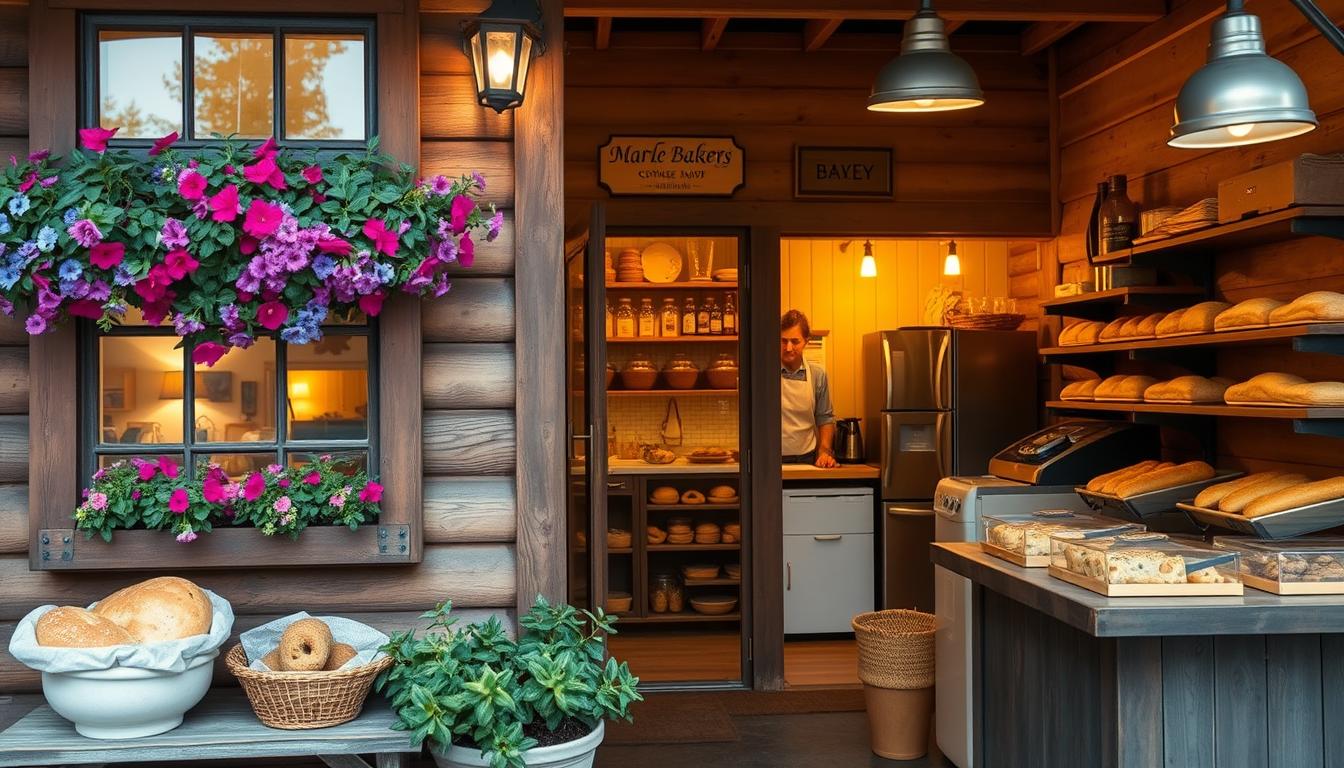The cottage food law in Tennessee permits individuals to produce and sell certain food items, such as baked goods, from their homes, without needing a commercial kitchen or extensive food safety training.
To successfully launch your home bakery, it’s essential to understand the regulations and requirements outlined in the Tennessee Food Freedom Act.
Key Takeaways
- Understand the Tennessee Food Freedom Act and its implications for home bakeries.
- Familiarize yourself with the cottage food law and its requirements.
- Learn how to register your home-based food business.
- Discover the types of food products allowed under cottage food laws.
- Know the labeling and packaging requirements for your baked goods.
Understanding Tennessee’s Home Bakery Cottage Food Laws
Understanding the legal landscape of cottage food laws in Tennessee is crucial for aspiring home bakers. The state’s regulations are designed to balance the needs of home-based food businesses with public health concerns.
The Tennessee Food Freedom Act Explained
The Tennessee Food Freedom Act is a significant piece of legislation that has simplified the process for individuals to start home-based food businesses. This act allows for the sale of certain non-hazardous foods without the need for a commercial kitchen or extensive food safety training. However, it’s essential to understand the specifics of what is allowed under this act.
The Tennessee Food Freedom Act exempts certain food products from the usual food safety regulations, provided they are sold directly to consumers or at local events. This exemption is crucial for home bakers who wish to sell their products without incurring the costs associated with commercial food production facilities.
Legal Requirements for Home-Based Food Businesses
To operate a home-based food business in Tennessee, individuals must comply with several legal requirements. These include:
- Registering their business with the state
- Obtaining any necessary local permits
- Labeling their products correctly
- Adhering to the types of products allowed under cottage food laws
It’s also important for home bakers to understand that while the state provides a general framework, local regulations can vary significantly. This means that what is permissible in one county may not be allowed in another.
County-to-County Variations in Tennessee
Tennessee’s cottage food laws are not uniform across the state; there are county-to-county variations that home bakers must be aware of. For example, some counties may have more stringent labeling requirements or may prohibit certain types of products altogether.
| County | Additional Requirements | Prohibited Products |
|---|---|---|
| Davidson | Special labeling for allergens | Products containing nuts |
| Williamson | Annual business registration | Canned goods |
| Knox | Health department inspection | Dairy-based desserts |
To ensure compliance, home bakers should consult with their local health department to understand the specific regulations in their area.
Setting Up Your Home Bakery Business
Setting up a home bakery business under Tennessee’s Cottage Food Laws involves several key steps. To ensure compliance and success, it’s crucial to understand the requirements for your kitchen, the process for registering your business, and the options available for insurance and liability protection.
Kitchen Requirements and Food Handler’s Permit
Your home kitchen must meet specific requirements to operate as a home bakery. While Tennessee’s Cottage Food Law allows for the operation of home-based food businesses, there are guidelines to follow. You will need to ensure your kitchen is clean and safe for food preparation. Although a home inspection is not required to start, it’s essential to maintain a high standard of cleanliness.
A Food Handler’s Permit is not mandatory for cottage food producers in Tennessee, but having some form of food safety training is beneficial. It demonstrates your commitment to producing safe food products and can enhance customer trust.

Business Registration and Tax Considerations
Registering your home bakery business is a critical step. You will need to choose a business name and register it with the Tennessee Secretary of State’s office. Additionally, you may need to obtain any necessary local business licenses or permits, as these can vary by county.
Understanding your tax obligations is also vital. As a self-employed individual, you will need to report your income and expenses on your tax return. You may need to pay self-employment tax on your earnings. Consulting with a tax professional can help you navigate these requirements and ensure you are taking advantage of all eligible deductions.
Insurance and Liability Protection
While Tennessee’s Cottage Food Law limits the liability of cottage food producers, it’s still important to consider insurance options. Liability insurance can protect you in case a customer has a foodborne illness or an allergic reaction to your products.
| Insurance Type | Description | Benefit |
|---|---|---|
| Liability Insurance | Covers costs associated with legal claims | Protects against financial loss due to lawsuits |
| Business Insurance | Covers business-related risks and losses | Ensures business continuity in case of unforeseen events |
| Product Insurance | Specifically covers products sold by your business | Protects against claims related to product safety and quality |
By carefully setting up your home bakery business, you can ensure compliance with Tennessee’s regulations and set yourself up for success.
Approved Products and Proper Labeling for Tennessee Home Bakers
To successfully operate a home bakery in Tennessee, it’s essential to know which products are permissible under the state’s cottage food laws. Understanding the regulations regarding allowed and prohibited foods, as well as proper labeling, is crucial for compliance and success.
Allowed Baked Goods and Non-Refrigerated Items
Tennessee’s cottage food law permits the sale of certain baked goods and non-refrigerated items. These include:
- Bread, rolls, and other yeast-based products
- Cakes, cookies, and other sweet baked goods
- Dried candies and fruit preserves
- Granola and other dry mixes
These items are considered safe as long as they are properly labeled and handled.

Prohibited Foods That Require Refrigeration
Certain foods are prohibited under Tennessee’s cottage food law because they require refrigeration. These include:
- Dairy products and milk-based desserts
- Meat and meat products
- Foods containing eggs that are not properly preserved
- Any food that requires temperature control for safety
Understanding these restrictions is vital to avoid non-compliance and potential health risks.
Tennessee’s Labeling Requirements
Proper labeling is a critical aspect of selling baked goods under Tennessee’s cottage food law. Labels must include:
Allergen Information and Disclosures
It’s mandatory to disclose the presence of common allergens such as nuts, dairy, and soy. This information helps protect consumers with allergies.
Required Label Elements
Labels must also include the name and address of the home bakery, a statement indicating that the product was made in a home kitchen, and a list of ingredients. Ensuring compliance with these requirements helps build trust with customers and avoids legal issues.
By understanding and adhering to these guidelines, Tennessee home bakers can successfully operate within the state’s regulations, providing safe and enjoyable products to their customers.
Conclusion: Marketing and Growing Your Tennessee Home Bakery
As a Tennessee home baker, you’ve taken the first step towards turning your passion into a business. Now, it’s time to focus on marketing and growing your cottage food business. To reach new customers, consider participating in local farmers’ markets, food festivals, and online platforms. Utilize social media to showcase your products and engage with potential customers.
Growing your home bakery requires creativity and persistence. Expand your product line to cater to different tastes and dietary needs. Building a brand identity will help you stand out in the competitive food industry. As Tennessee’s cottage food laws continue to support food entrepreneurs, you can confidently sell food from home and grow your business.
By following Tennessee’s cottage food laws and implementing effective marketing strategies, you can establish a successful home bakery. Focus on delivering high-quality products, and don’t be afraid to innovate and try new things. With dedication and hard work, your home bakery can become a beloved brand in Tennessee.
FAQ
What is the Tennessee Food Freedom Act?
The Tennessee Food Freedom Act is a law that allows individuals to produce and sell certain homemade foods, such as baked goods, directly to consumers without excessive regulations.
What types of foods can I sell under Tennessee’s cottage food laws?
Under Tennessee’s cottage food laws, you can sell non-potentially hazardous baked goods, such as cookies, cakes, and bread, as well as other non-refrigerated items like jams, honey, and candies.
Do I need a permit to sell homemade foods in Tennessee?
Yes, you need to register with the Tennessee Department of Agriculture and obtain a permit to sell homemade foods under the state’s cottage food laws.
What are the labeling requirements for homemade foods in Tennessee?
Labels must include the name and address of the cottage food producer, the name of the product, a list of ingredients, and any relevant allergen information.
Can I sell homemade foods that require refrigeration?
No, Tennessee’s cottage food laws prohibit the sale of homemade foods that require refrigeration, such as dairy products, meats, and certain types of sauces.
Do I need a commercial kitchen to start a home bakery in Tennessee?
No, you can operate a home bakery from your domestic kitchen, but it must meet certain requirements, such as being free from unnecessary and anti-competitive regulations.
Can I sell my homemade foods at farmers’ markets?
Yes, you can sell your homemade foods directly to consumers at farmers’ markets, as long as you comply with Tennessee’s cottage food laws and regulations.
Are there any county-to-county variations in Tennessee’s cottage food laws?
Yes, regulations can vary by county, so it’s essential to check with your local health department to ensure compliance with local regulations.
Do I need a food handler’s permit to start a home bakery in Tennessee?
While a food handler’s permit is not always required, it’s recommended that you check with your local health department to determine if a permit is necessary.
How can I ensure the safety of my homemade foods?
To ensure the safety of your homemade foods, follow proper food handling and preparation practices, and label your products with relevant allergen information.





Leave a Reply